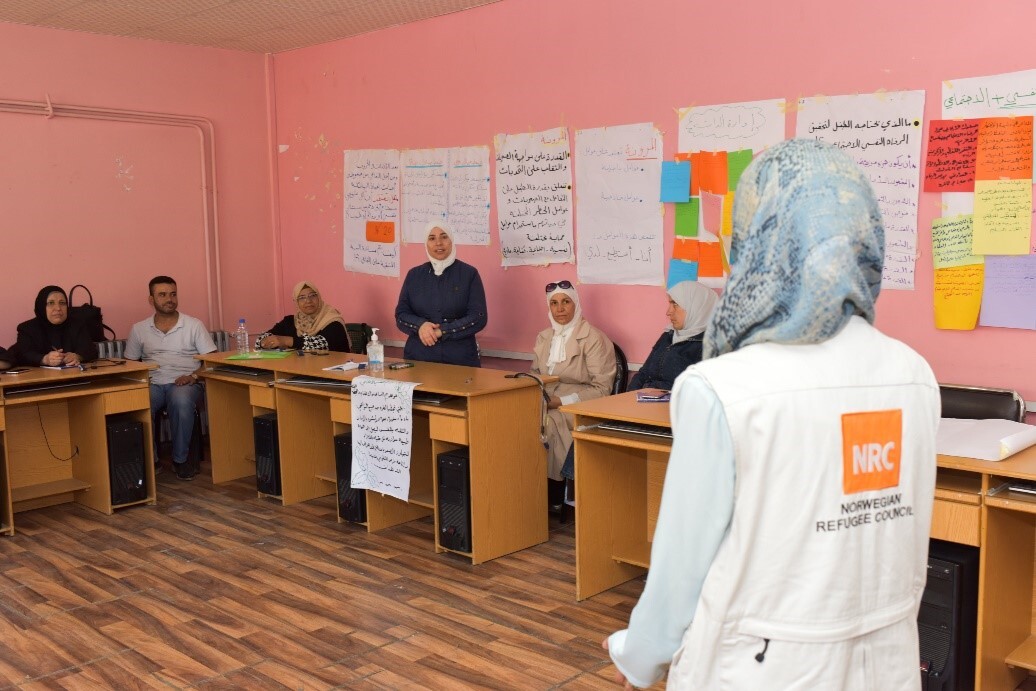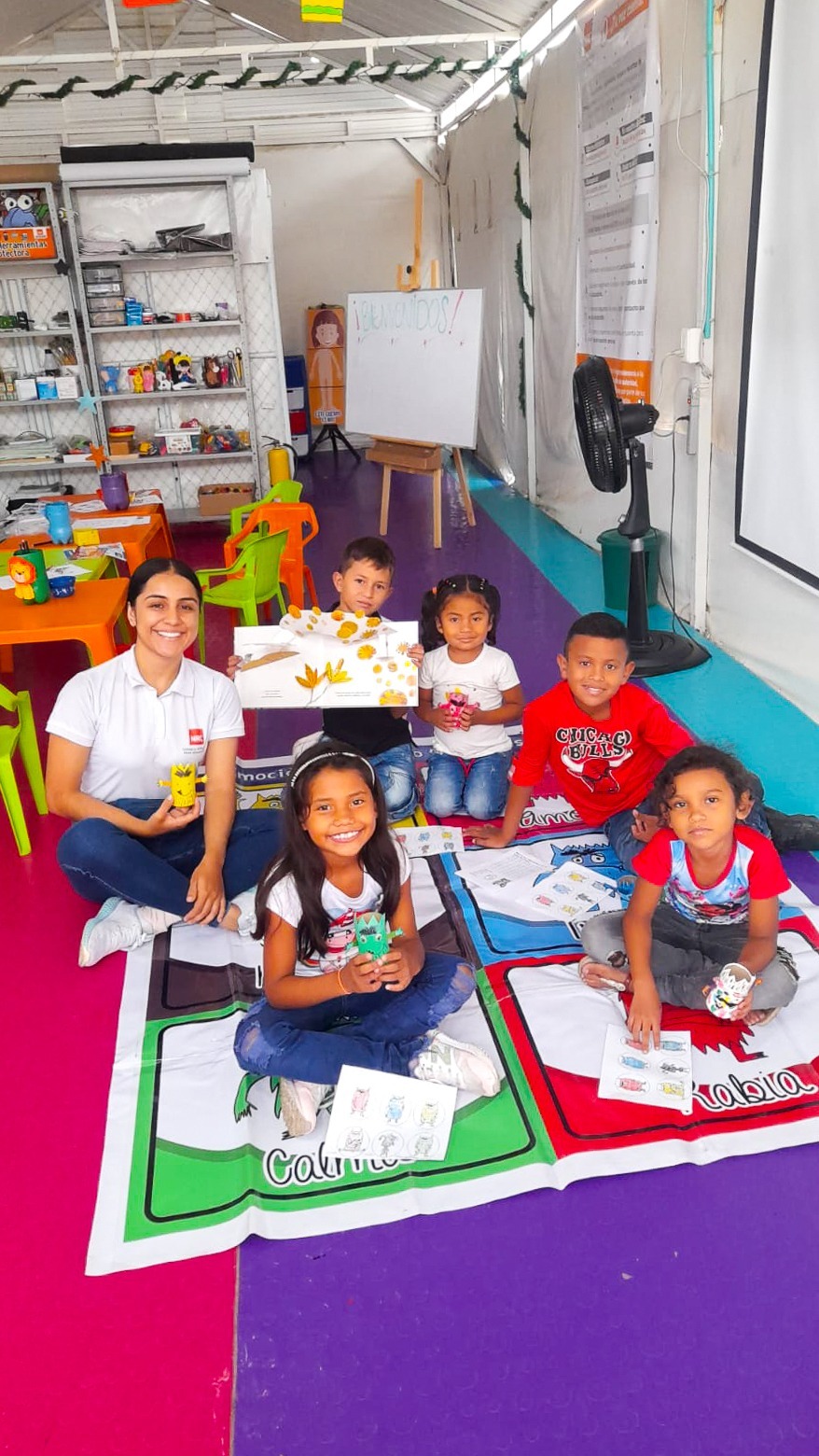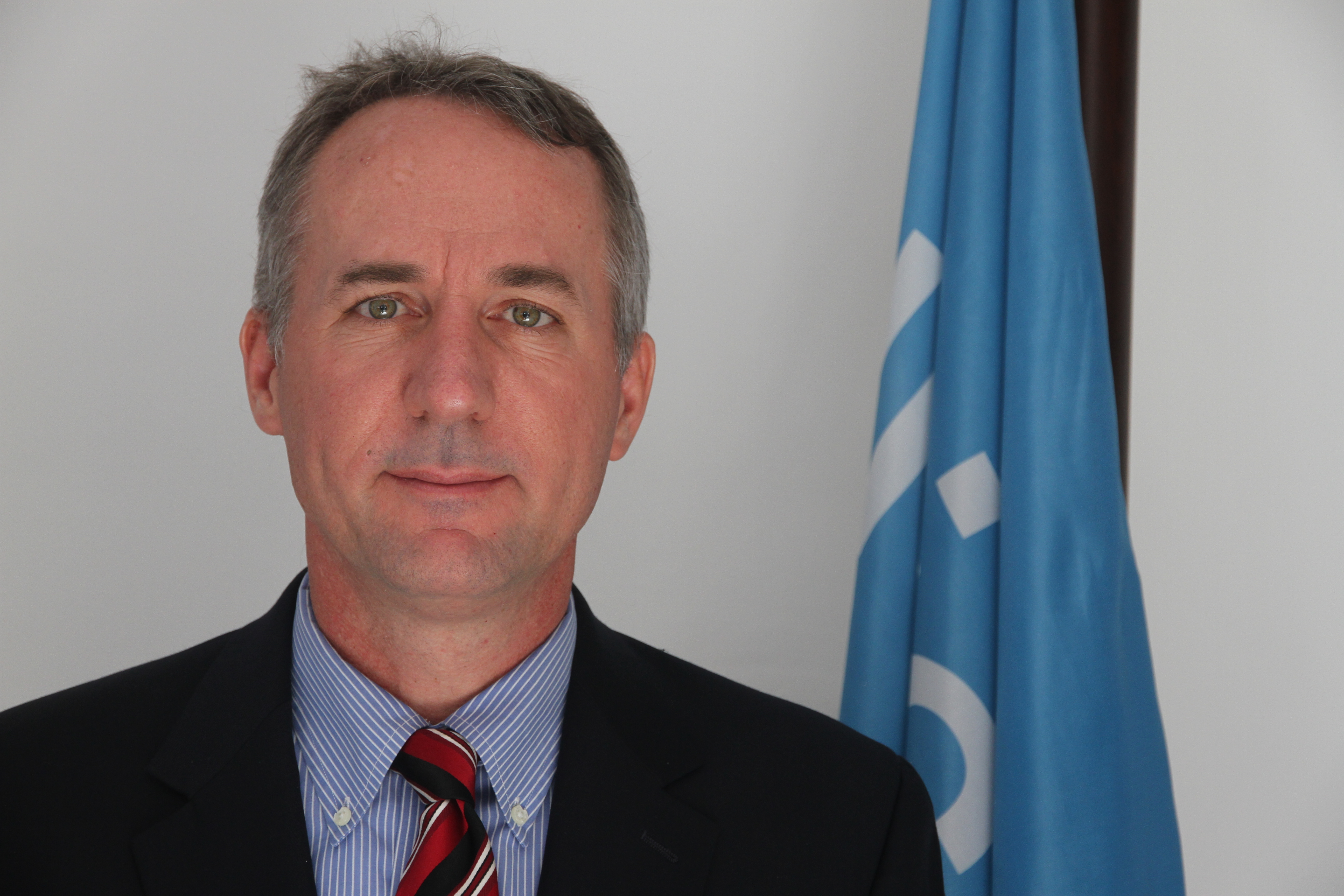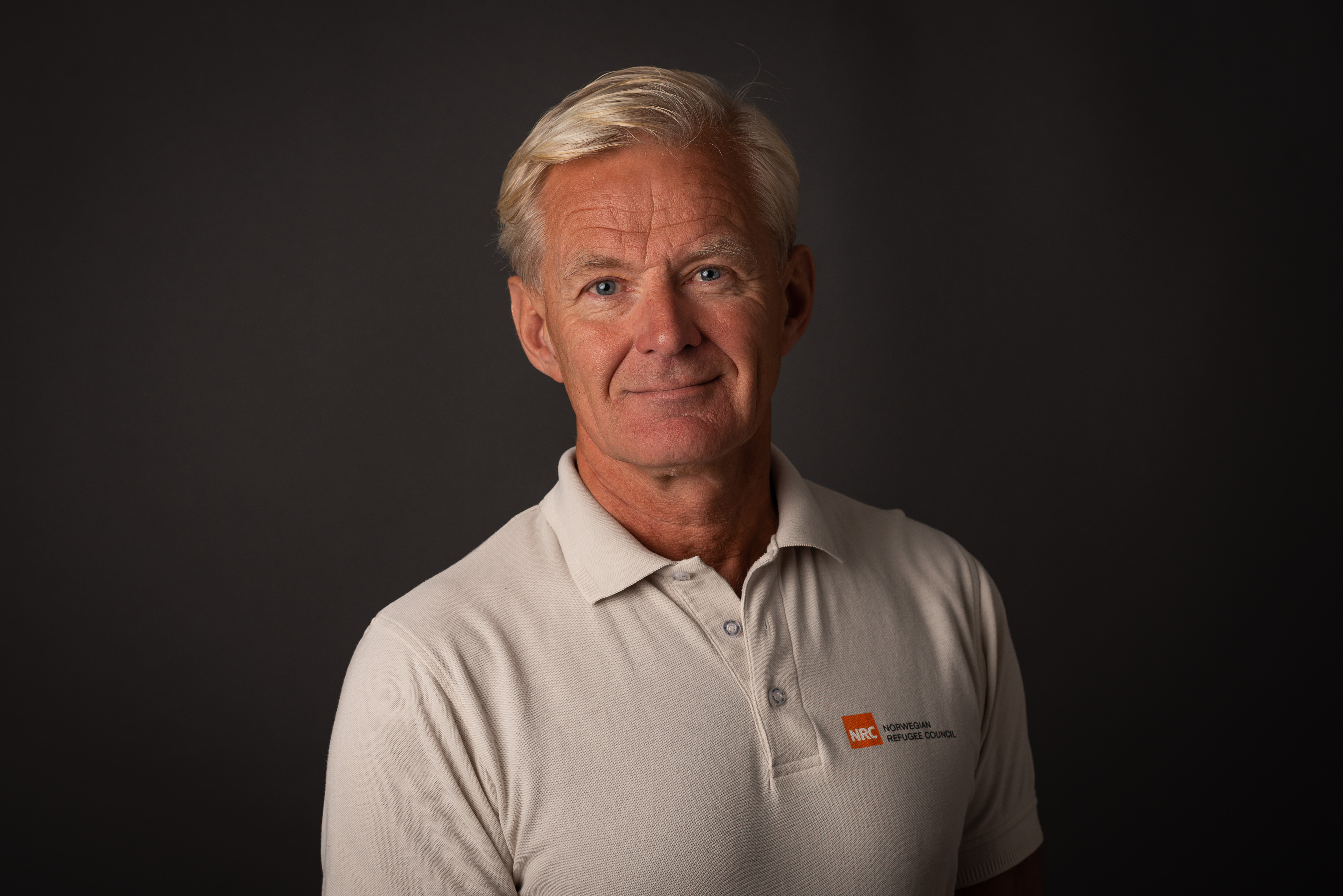The lingering impact of conflict for learners in Syria and Colombia
By the end of 2023, a record 117 million people were forced to flee their homes due to conflict, violence, or persecution, with nearly half under 18 (UNHCR).
This displacement disrupts their learning, development, and mental well-being (Hou, Wai-Kai, et al, 2020).
In conflict zones, children disproportionally face displacement, but also violence, increased poverty and trauma and toxic levels of stress. In fragile contexts, one in five children and youth suffer from mild to severe mental health conditions (Hou, Wai-Kai, et al, 2020)
For over a decade, the Norwegian Refugee Council (NRC) has implemented the Better Learning Programme (the product of a long-standing cooperation between NRC and the Arctic University of Norway in Tromsø), a classroom-based psychosocial support intervention, to help children recover from high levels of stress and trauma experienced during crisis and displacement.
The Better Learning Programme’s implementation in 34 countries, ranges from stress-relieving exercises that can be done at school, to dedicated one-to-one counselling. Flexible and adaptable, the Better Learning Programme can be applied in a wide range of emergency contexts and in under-resourced settings. The impact of the Programme is encouraging - in the final semester of the 2023-2024 school year, 50-80 percent of children reported improved well-being in six out of nine countries (Niger, Cameroon, Burkina Faso, Syria, Lebanon and Sudan) where Better Learning Programme results were collected.*
A Strong Partnership
In recent years, UNICEF and NRC have worked together to provide children and teachers with mental health and psychosocial support. This collaboration seeks to expand and enhance the impact of the Better Learning Programme, reaching more children, youth and educators affected by crisis. In Syria and Colombia, the partnership has supported educators to deliver tailored mental health and psychosocial support that meets the unique needs of displaced children and youth.

On the ground in Syria
March 2024 marked 13 years since the onset of the Syrian crisis. Conflict, a catastrophic earthquake, and a deteriorating economy have placed unimaginable pressure on children and communities. Education has been significantly impacted. Nearly two and a half million children are out of school, and a further one million are at risk of dropping out (OCHA, 2024). Existing learning gaps are worsening.
Nada, a teacher from Rural Damascus, says that being a teacher is now “harder than ever.” Students are displaying shortened attention spans and diminished motivation to learn. “As teachers, we have the ability to help them overcome this, or at least limit its impact on their future,” shares Nada.
Since 2022, NRC, UNICEF and the Syrian Ministry of Education have been working together to integrate mental health and psychosocial support into the formal education system through the Better Learning Programme.
In the 2023-2024 school year, 42 percent of 2,780 children participating in the Better Learning Programme with integrated mental health and psychosocial support reported increased ability to regulate their emotions, improved self-efficacy and academic performance.
Over 2,300 teachers have gained the necessary skills, tools, and techniques to apply the Better Learning Programme in their classrooms, benefiting 32,000 children in formal schools. By 2025, the plan is to integrate the Programme into the formal school curriculum.
“The programme has changed my thinking,” says 12-year-old Layan. “Previously, when I felt scared, I would have numerous negative thoughts. Now, I can control my thoughts and dismiss the negative ones.”

In Colombia, on the other side of the world
High rates of post-traumatic stress disorder, depression, anxiety, and suicidal behaviour have been reported by the National Health Institute as direct consequences of armed conflict (Instituto Nacional de Salud, Observatorio Nacional de Salud, 2017). This situation is worsened by an ongoing migrant crisis and extreme weather events, impacting education significantly. Displaced children face barriers to learning, and schools struggle with overcrowding and limited resources.
Despite Colombian laws mandating mental health care in schools, a gap exists between policy and implementation, especially in rural and conflict-affected areas. To address this, NRC, and UNICEF, in coordination with the Education Cluster and partners worked with the Ministry of Education, to develop a psychosocial support plan for teachers and children and implemented emergency education activities.
In 2022, 52 per cent of 501 children in northeast Colombia showed improvements in well-being through this Programme, with enhanced emotional regulation, self-efficacy, and school support. The Better Learning Programme, integrated with mental health and psychosocial support, introduced playful, nontraditional activities, positively impacting emotional regulation (Guáqueta, A.H. and Flemming, J., 2024). Teachers and caregivers noted improved classroom dynamics and student behaviour.
A teacher mentioned, “The programme has helped me understand my students better,” while a child shared, "I’ve learned how to control my anger and talk about my feelings more openly.”
2025 and beyond
Looking ahead to 2030, NRC commits, in collaboration with key partners such as UNICEF, to scaling mental health and psychosocial support to reach two million children and youth through NRC’s 'Together for Wellbeing 2030' initiative by further enhancing the accessibility and effectiveness of the Better Learning Programme, expanding strategic partnerships, and providing the necessary resources and tools for effective and sustainable implementation.
UNICEF and NRC are committed and well-positioned to address the global growing need for psychosocial support in the wake of increasing emergencies, leveraging their expertise to expand efforts and reach more children, youth, and educators affected by crises, with the goal of providing hope and healing where it is most needed.
*For more information about the measurement tool used please refer to this publication, noting that the countries cited might have used different versions of the tool: Forsberg, June T.,; Dolan, Carly Tubbs; Schultz, Jon-Haakon. Development and Psychometric Testing of the Student Learning in Emergencies Checklist (SLEC): Measuring Promotors of Academic Functioning and Wellbeing in Palestinian Youth Affected by War and Conflict. Intervention 21(1):p 30-46, Jan–Jun 2023. https://doi.org/10.4103/intv.intv_17_22
 From 1995-2009, Robert Jenkins served with UNICEF in programme and management positions in Uganda (1995-1997), Bangladesh (1997-2000), Myanmar (2000-2003), India (2003-2006) and Mozambique (2006-2009).
From 1995-2009, Robert Jenkins served with UNICEF in programme and management positions in Uganda (1995-1997), Bangladesh (1997-2000), Myanmar (2000-2003), India (2003-2006) and Mozambique (2006-2009).
Mr. Jenkins serves on several executive boards including Global Partnership for Education, Education Cannot Wait and Global Education Monitoring Report.
Mr. Jenkins holds a Doctor of Education Degree, University of Bath and a master’s degree, London School of Economics. Mr. Jenkins is married and has a daughter and a son. He is a Canadian citizen.
 Jan Egeland has served as Secretary General of the Norwegian Refugee Council since August 2013, leading humanitarian operations with some 15,000 relief workers, serving nearly 10 million people in need across the world. From 2021-2023, he served as the Eminent Person of The Grand Bargain initiative. Within this role he was responsible for promoting and advocating for the advancement of the Grand Bargain’s commitments to better serve people in need. From 2015 to the end of 2018, he was Special Advisor to the UN mediation efforts in Syria and chaired the 23-nation humanitarian task force for the protection of and access to Syrian civilians. Egeland served as UN Under-Secretary-General for Humanitarian Affairs and Emergency Relief Coordinator 2003-2006 where he spearheaded a reform of the global humanitarian system. He has been Europe Director of Human Rights Watch (2011−2013), Executive Director of the Norwegian Institute of International Affairs (2007−2011) and served as the UN Secretary General’s Special Adviser to Colombia (1999−2001). From 1990 to 1997, he was State Secretary in the Norwegian Ministry of Foreign Affairs where he co-organized and co-initiated the Norwegian Channel that led to the Oslo Agreement between Israel and the Palestine Liberation Organization (1993), as well as peace agreements in Guatemala (1996) and elsewhere. He has received several international awards. In 2006, Time Magazine named Egeland as one of the ‘100 people who shape our world’.
Jan Egeland has served as Secretary General of the Norwegian Refugee Council since August 2013, leading humanitarian operations with some 15,000 relief workers, serving nearly 10 million people in need across the world. From 2021-2023, he served as the Eminent Person of The Grand Bargain initiative. Within this role he was responsible for promoting and advocating for the advancement of the Grand Bargain’s commitments to better serve people in need. From 2015 to the end of 2018, he was Special Advisor to the UN mediation efforts in Syria and chaired the 23-nation humanitarian task force for the protection of and access to Syrian civilians. Egeland served as UN Under-Secretary-General for Humanitarian Affairs and Emergency Relief Coordinator 2003-2006 where he spearheaded a reform of the global humanitarian system. He has been Europe Director of Human Rights Watch (2011−2013), Executive Director of the Norwegian Institute of International Affairs (2007−2011) and served as the UN Secretary General’s Special Adviser to Colombia (1999−2001). From 1990 to 1997, he was State Secretary in the Norwegian Ministry of Foreign Affairs where he co-organized and co-initiated the Norwegian Channel that led to the Oslo Agreement between Israel and the Palestine Liberation Organization (1993), as well as peace agreements in Guatemala (1996) and elsewhere. He has received several international awards. In 2006, Time Magazine named Egeland as one of the ‘100 people who shape our world’.



